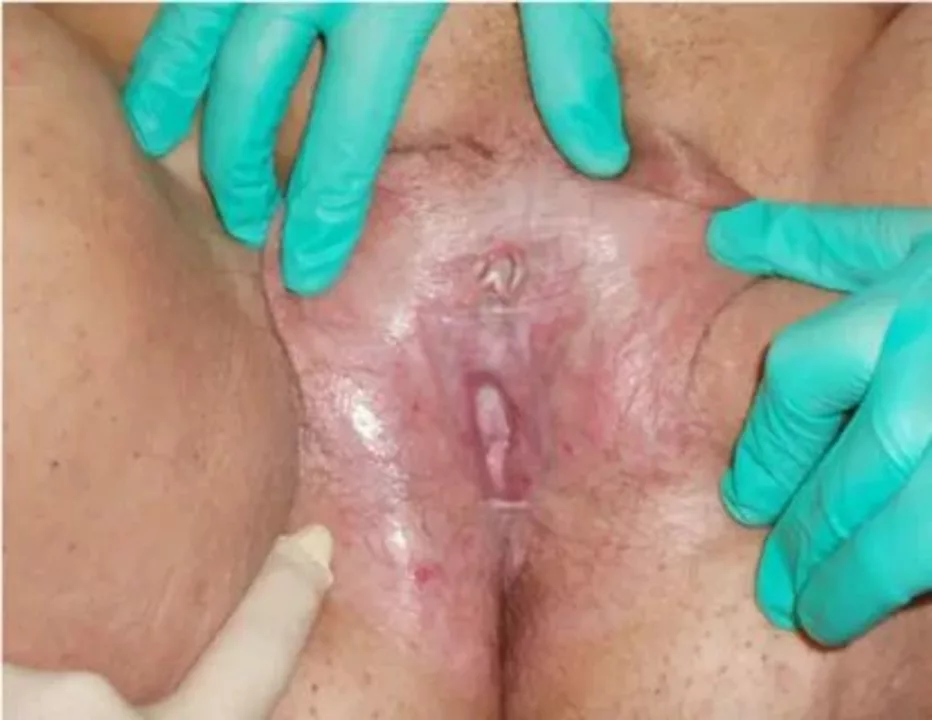Lichen Sclerosus: Symptoms, Treatment, and Practical Care
Lichen sclerosus is a skin condition that most often affects the genital and anal area. It shows up as white, thin patches that can be itchy, sore, or painful during sex. People often ignore it at first because changes are slow, but early care makes a big difference for comfort and long-term risk.
Spot the Signs
Common symptoms are intense itching, shiny white or wrinkled skin, and thin fragile patches that bruise or tear easily. Some people get pain during sex, painful urination, or bleeding after minor trauma. In men, the foreskin may tighten. In children the presentation can be similar but doctors check for other causes too.
If you notice persistent white patches, worsening itch, scarring, or any new lump or ulcer, see a provider. Lichen sclerosus can cause scarring and changes in skin structure if left untreated, so don't wait until symptoms get severe.
How It's Diagnosed and Treated
Diagnosis is usually clinical — a doctor examines the area and asks about symptoms. Sometimes a biopsy is done to confirm the diagnosis or rule out other conditions. Once confirmed, treatment aims to control inflammation, relieve symptoms, and prevent scarring.
The first-line treatment is a high-potency topical steroid (commonly clobetasol 0.05%) applied as directed by a clinician. Most people get clear improvement within weeks. After control, many switch to a lower-dose maintenance plan or use emollients regularly to keep skin soft. If steroids aren’t suitable or response is poor, topical immune modulators like tacrolimus are options under specialist care.
Surgery is rarely needed but may be considered for scarring or adhesions that block normal function. Ongoing follow-up matters — lichen sclerosus is often chronic, and adjustments to treatment may be needed over time.
Self-care helps. Use fragrance-free soaps, gentle cleansers, and a bland emollient to reduce irritation. Wear breathable cotton underwear and avoid tight clothing. For painful sex, water-based lubricants can help. Avoid harsh treatments like strong detergents or perfumed products on the area.
There’s a small increased risk of vulvar skin cancer in long-standing lichen sclerosus, so regular checks are recommended and any new ulcer, lump, or persistent bleeding should be checked promptly. Keep a record of changes and photos if that helps you track progress.
If symptoms are severe, spreading, or not improving with treatment, seek a dermatologist, gynecologist, or urologist experienced with genital skin conditions. Your local pharmacy can help with emollients, prescription pick-up, and practical advice on using topical treatments safely.
Questions about medication options or need help finding a suitable emollient? Contact us at Shiner Family Pharmacy for friendly, practical advice and product options.

